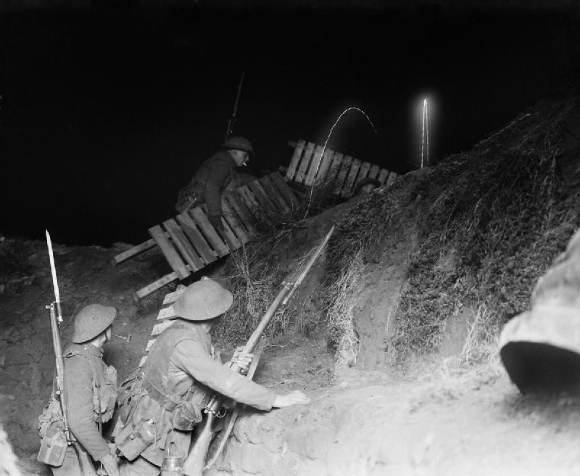Wilfred Owen, selected poems Contents
- Wilfred Owen: Social and political background
- Wilfred Owen: Religious / philosophical context
- Wilfred Owen: Literary context
- Wilfred Owen: 1914
- Wilfred Owen: Anthem for Doomed Youth
- Wilfred Owen: At a Calvary near the Ancre
- Wilfred Owen: Disabled
- Wilfred Owen : Dulce et Decorum Est
- Wilfred Owen: Exposure
- Wilfred Owen: Futility
- Wilfred Owen: Greater Love
- Wilfred Owen: Hospital Barge
- Wilfred Owen: Insensibility
- Wilfred Owen: Inspection
- Wilfred Owen: Le Christianisme
- Wilfred Owen: Mental Cases
- Wilfred Owen: Miners
- Wilfred Owen: S.I.W
- Wilfred Owen: Soldier’s Dream
- Wilfred Owen: Sonnet On Seeing a Piece of Our Heavy Artillery Brought into Action
- Wilfred Owen: Spring Offensive
- Wilfred Owen: Strange Meeting
- Wilfred Owen: The Dead-Beat
- Wilfred Owen: The Last Laugh
- Wilfred Owen: The Letter
- Wilfred Owen: The Parable of the Old Man and the Young
- Wilfred Owen: The Send-Off
- Wilfred Owen: The Sentry
- Wilfred Owen: Wild with All Regrets
Exposure - Synopsis and commentary
Synopsis of Exposure
During a winter night-time on the Western front, Owen and his men are awake, anxious about a potential enemy attack and of succumbing to the icy grip of the elements. The war seems distant but they suffer from the bitter wind and snow. The arrival of dawn does not bring hope but enemy bullets, though these seem less dangerous than the snow filled air.
The men crouch in holes as there is no other cover to shelter from the cold. Rather than contemplate death, their thoughts are of spring, warmth and of home, yet in their dreams the doors of home are closed against them. They turn back to their dying, believing it to be the only way of ensuring security for those at home. They seem to be willing to be sacrificed for this cause, though their faith in the God of love is diminishing, if they hold on to the concept that he is the author of life and therefore of their current situation.
 One more night of exposure to the elements will result in more deaths for which the burying parties will come, half identifying the dead. Despite this, ‘nothing happens’.
One more night of exposure to the elements will result in more deaths for which the burying parties will come, half identifying the dead. Despite this, ‘nothing happens’.
Investigating Exposure
- The lack of action in Exposure makes it stand out from many of Owen’s other poems. Remind yourself of The Last Laugh and The Sentry, both of which describe action
- Compare how Owen describes the war in The Last Laugh and The Sentry to the way he presents it in Exposure.
Commentary on Exposure
In the winter of 1917 Owen and his men lay out in the snow of Redan Ridge for two days and nights, unable to move. Owen wrote of the experience (which inspired Exposure):
One man did freeze to death (as depicted in Owen’s poem Futility). Meanwhile, every ten minutes whizz-bangs came over, though they fell short of Owen’s position (as shown in verse 4 of Exposure).
The final draft of the poem is dated September 1918, just a few weeks before Owen was killed on the Oise–Sambre canal, near Ors in Northern France.
Allusions
Exposure opens with an allusion to Keats, the Romantic poet much admired by Owen. Ode to a Nightingale begins with the words:
My sense
Owen changes this to the collective ache of the men’s brains l.1.
Owen also makes an allusion in stanza six to the popular First World War song written in 1914: Keep the Home Fires Burning (see http://www.youtube.com/watch?v=5P8UokgVqWs).
The men exposed to the elements ‘dream of home’; however the suggestion is that those who are exhorted to keep the home fires burning as a symbol of love and care may have let them become sunken.
Investigating of Exposure
- The incident which inspired Exposure was also the background for Futility. Both are poems of despair. How does Owen suggest similar settings for each poem?
- How does Owen communicate the despair of the situation differently in each poem?